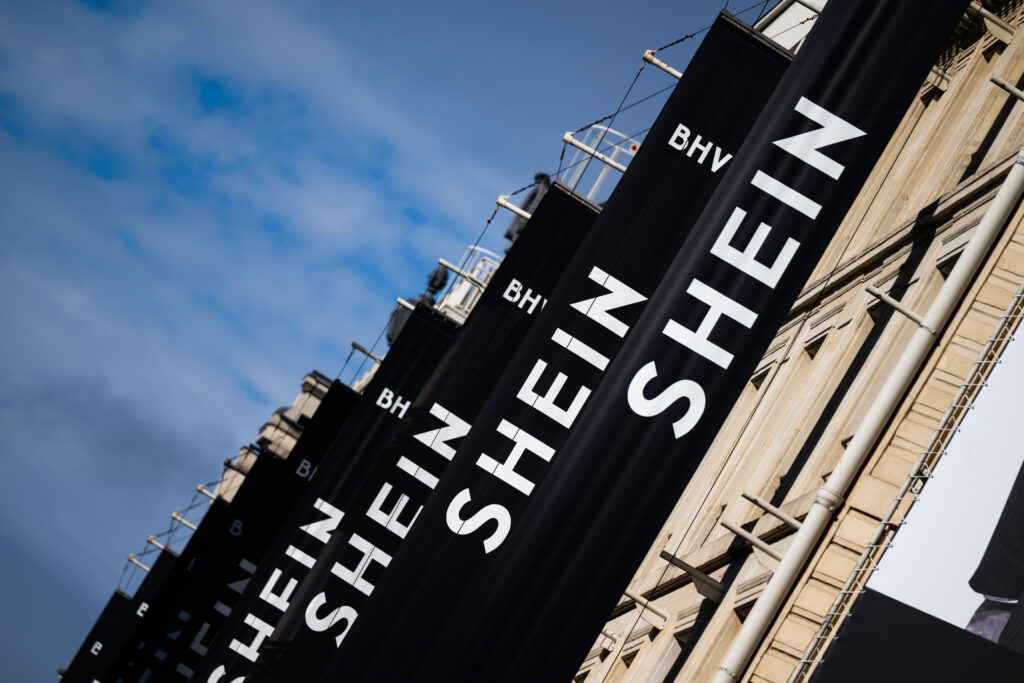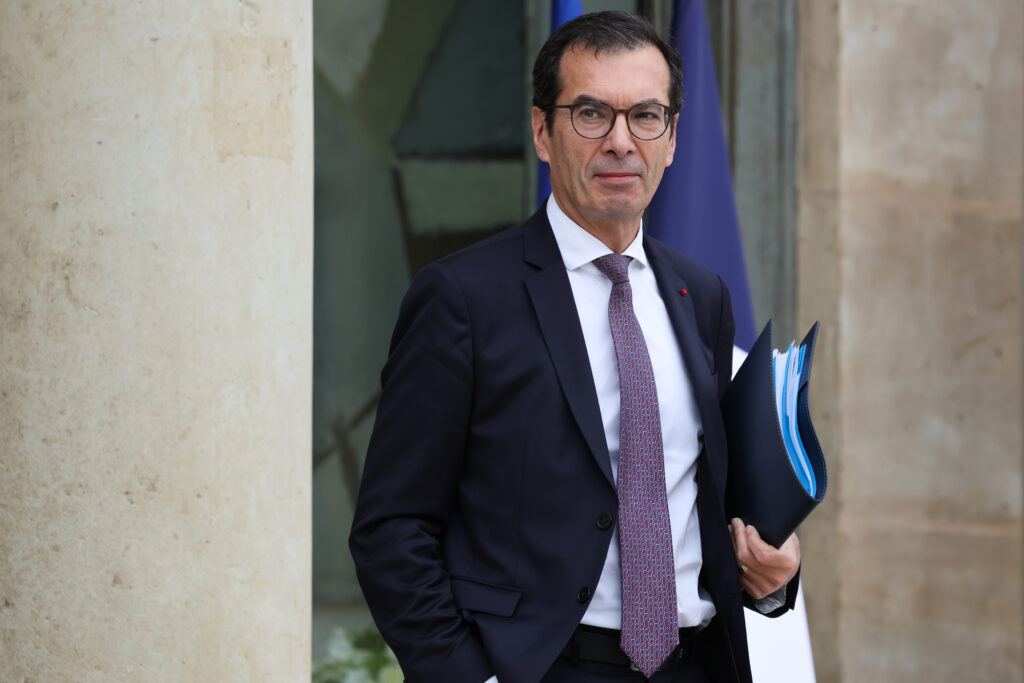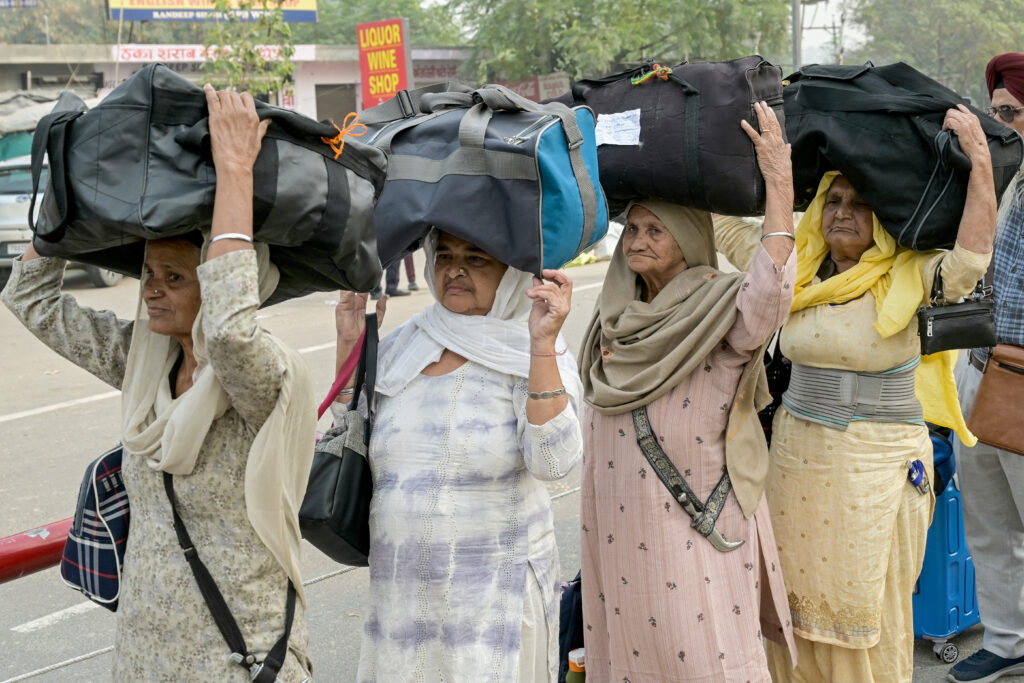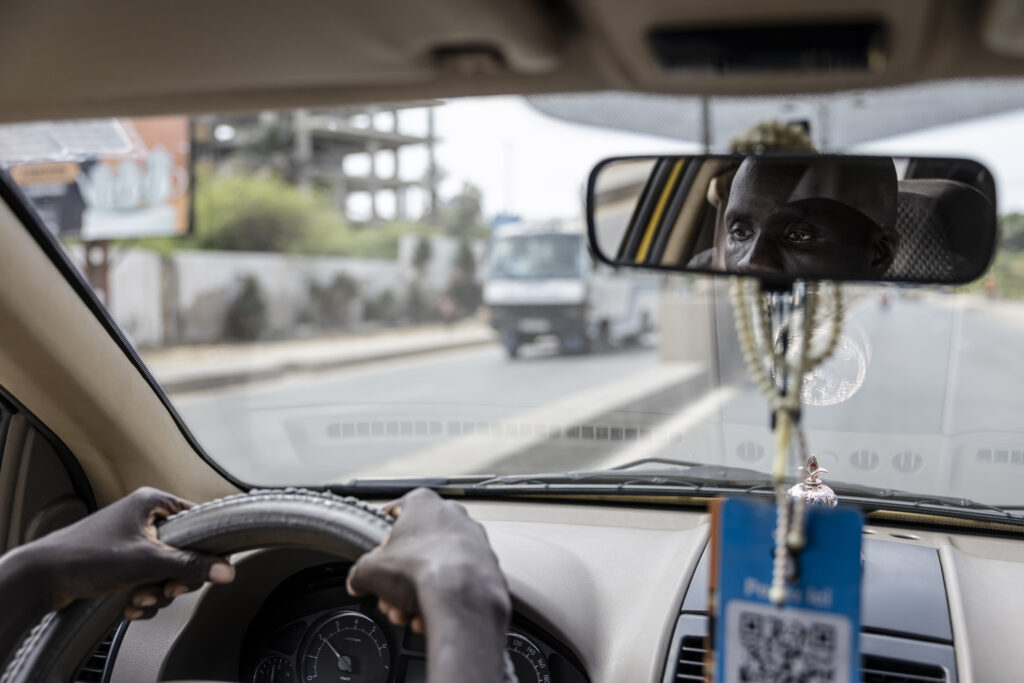Poupées sexuelles: “nous collaborerons à 100% avec la justice”, assure le porte-parole de Shein
“Nous collaborerons à 100% avec la justice”, a affirmé mardi le porte-parole de Shein en France, Quentin Ruffat, sur la radio RMC, assurant également que l’entreprise était prête à partager les noms des acheteurs de poupées sexuelles d’apparence enfantine, à caractère pédopornographique.”Sur le sujet de partage des contacts (…) nous serons en totale transparence avec la justice, s’ils nous demandent une telle chose, nous le ferons”, a encore déclaré le porte-parole.Lundi soir, le parquet de Paris a annoncé avoir confié quatre enquêtes à l’Office des mineurs (Ofmin), sur quatre sites de vente en ligne, dont Shein, après avoir été saisi par des signalements de la Répression des fraudes (DGCCRF).Ces investigations portent sur la “diffusion de message violent, pornographique, ou contraire à la dignité accessible à un mineur”, mais aussi, pour Shein et AliExpress, sur la “diffusion de l’image ou la représentation d’un mineur présentant un caractère pornographique”.La haute-commissaire à l’Enfance Sarah El-Haïry avait dénoncé lundi ces produits qui “ne sont pas des objets comme les autres”, mais “des objets pédocriminels sur lesquels des prédateurs s’entraînent, malheureusement, parfois avant de passer à des sévices sur des enfants”.”J’ai entendu les inquiétudes de la commissaire à l’enfance Sarah El-Haïry que je partage personnellement et que l’ensemble de la marque Shein partage et nous serons ravis de pouvoir échanger avec elle sur ces sujets-là, sur ces sujets de pédocriminalité qui sont trop graves pour être passés sous silence”, a souligné Quentin Ruffat.Il a invoqué, pour expliquer la mise ne vente de ces poupées, “un dysfonctionnement interne, un dysfonctionnement dans nos process et dans notre gouvernance. On en a pris la mesure, on a eu une réponse qui était rapide”.”Aujourd’hui, nous allons mettre en place les garde-fous nécessaires pour que ça n’arrive plus”, a-t-il ajouté, “il va falloir renforcer nos process, être davantage minutieux”.Quentin Ruffat a par ailleurs confirmé le démarrage mercredi du partenariat annoncé avec le grand magasin parisien du BHV: “la boutique intégrée au BHV ouvrira demain, donc le 5 novembre à 13H00”.Le BHV a également confirmé mardi le partenariat, tout en jugeant “inacceptable” que des “poupées à caractère sexuel” aient pu être vendues sur Shein. “Nous avons réfléchi à arrêter”, avant de changer d’avis, a reconnu sur RTL Frédéric Merlin, patron de la Société des grands magasins (SGM), propriétaire du BHV.





